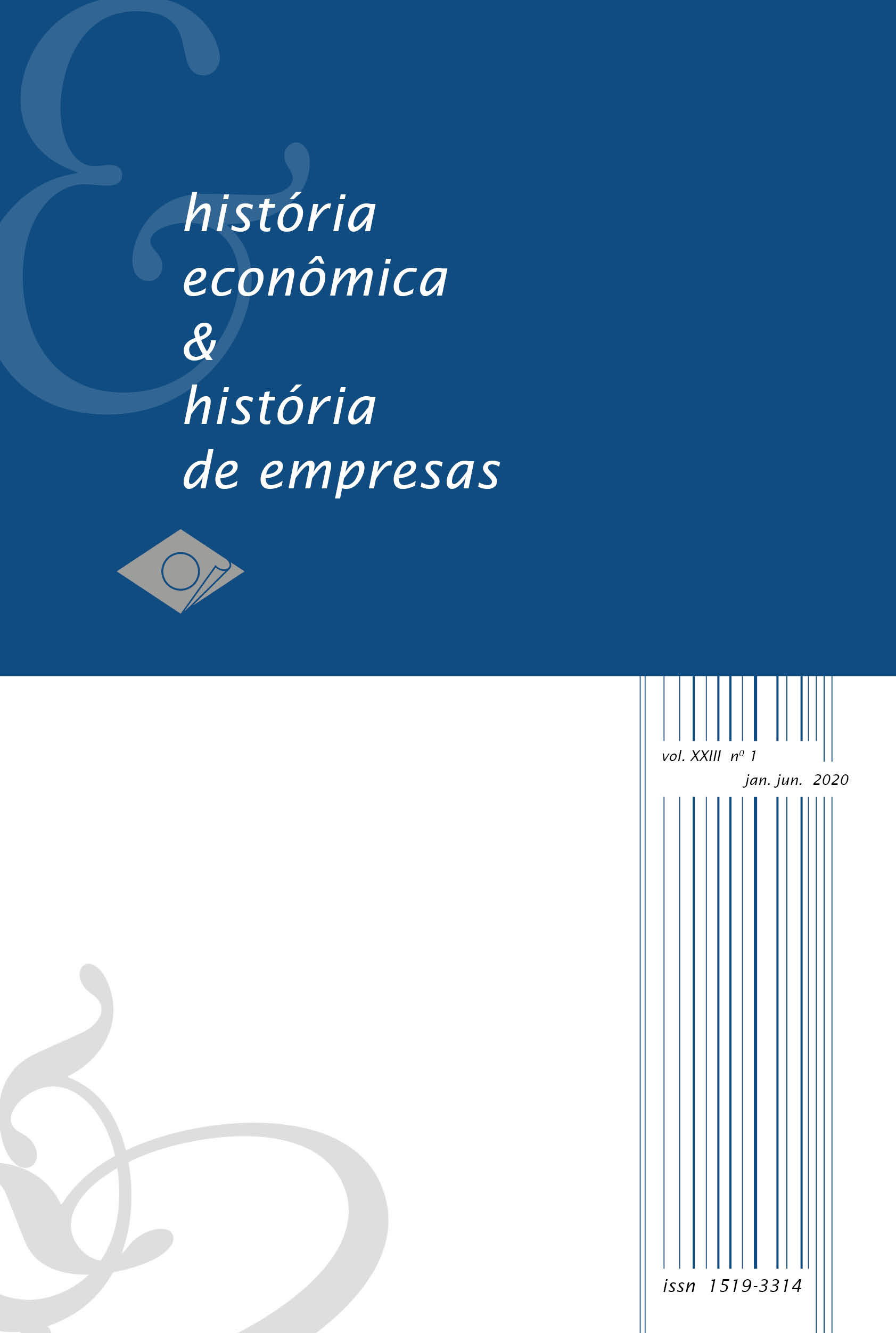The economic corporatism as doctrine and gimmick: the Portuguese system in a comparative perspective (1933-1974)
DOI:
https://doi.org/10.29182/hehe.v23i1.654Abstract
This article focuses on the concept and institutional practices of economic corporatism on the historic ambience of the European fascisms and in the specific context of the Portuguese New Sate. Starting from the evidence that the concept of economic corporatism is under-represented in historiography, we debate to what extent the corporatist organizations have shown common features comparing to other movements engaged in the institutional regeneration of the capitalist system during the interwar period. Making a comparative synthesis of the regimes of Italian fascism, German nazism, France of Vichy and Spain of Franco, we identify the institutional features and singularities of those models of economic corporatism. Given its international relevance in the international wave of state corporatism, and considering the longevity of its institutions, we take as case-study the corporatist organization for economy connected with the Portuguese New State. The politic and instrumental logic of the economic guidance system that lasted in Portugal between 1933 and 1974, allows to revisit the potentials and limitations and constraints of the concept of economic corporatism as a tool of historic analysis.
Downloads
Downloads
Published
How to Cite
Issue
Section
License
Os autores mantêm os direitos autorais sobre o trabalho, concedendo à revista apenas o direito de sua primeira publicação. Além disso, têm autorização para assumir contratos adicionais separadamente para a versão do trabalho publicada nesta revista, desde que reconhecida a publicação inicial neste periódico.





